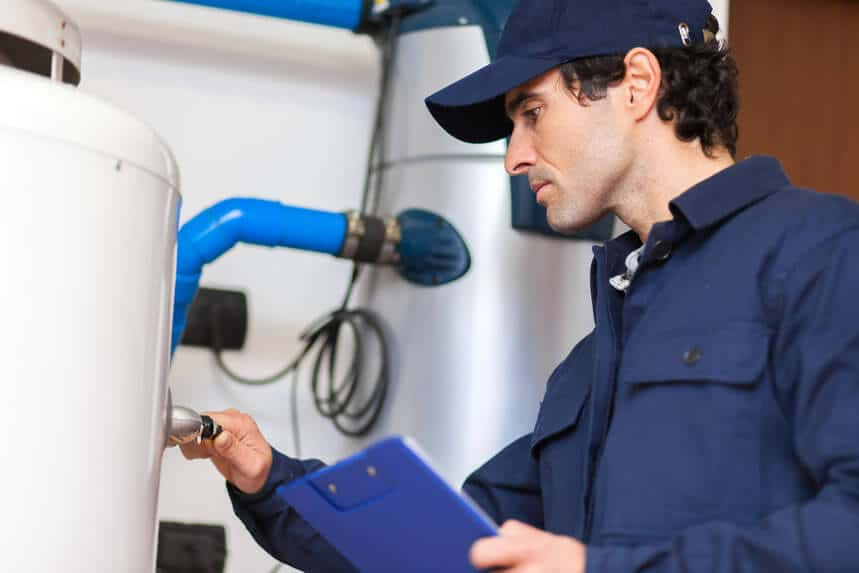
Image Source: Google
Dealing with hot water issues can be frustrating and disruptive to your daily routine. Whether you have a leaking water heater, inconsistent water temperature, or no hot water at all, it's essential to address the problem promptly to avoid further damage and inconvenience. In this ultimate guide, we will provide you with valuable tips and tricks for a seamless hot water repair experience.
Diagnosing the Problem
Signs that You Need Hot Water Repairs:
- Fluctuating water temperature
- Strange noises coming from the water heater
- Leaking or pooling water around the water heater
- No hot water at all
Steps to Diagnose the Issue:
- Check the thermostat settings on the water heater.
- Inspect the pilot light if you have a gas water heater.
- Look for any visible leaks or corrosion on the water heater.
- Test the pressure relief valve for proper functioning.
Common Hot Water Repairs
Replacing the Heating Element:
If you are experiencing no hot water or inconsistent water temperature, a faulty heating element could be the culprit. Here's how to replace it:
- Turn off the power to the water heater.
- Drain the water heater to access the heating element.
- Disconnect the wires and remove the old heating element.
- Install the new heating element and reconnect the wires.
- Refill the water heater and turn the power back on.
Fixing a Leak:
Leaking water heaters can cause water damage and mold growth if left untreated. Here's how to fix a leak:
- Locate the source of the leak.
- Tighten any loose fittings or connections.
- If the leak persists, replace the faulty component (pressure relief valve, drain valve, or water inlet valve).
- Inspect the tank for corrosion or rust and consider replacing the water heater if necessary.
DIY vs. Professional Repairs
When to DIY:
- Simple repairs like replacing a heating element or tightening a fitting.
- Basic maintenance tasks like flushing the water heater.
- If you have experience working with plumbing and electrical systems.
When to Call a Professional:
- Complex repairs involving major components like the tank or burner assembly.
- Gas water heater issues that require specialized knowledge and tools.
- If you are unsure of the problem or how to fix it safely.
Tips for Preventing Future Hot Water Issues
Maintenance Tips:
- Flush the water heater regularly to remove sediment buildup.
- Check for leaks and corrosion on a routine basis.
- Adjust the thermostat settings to the recommended temperature (120°F).
- Insulate the hot water pipes to improve energy efficiency.
Professional Inspection:
Schedule an annual inspection with a licensed plumber to ensure your water heater is in good working condition and address any potential issues before they escalate.
Conclusion
By following the tips and tricks outlined in this ultimate guide, you can effectively troubleshoot hot water issues and tackle repairs with confidence. Remember to prioritize safety and consult a professional for complex repairs to ensure the longevity and efficiency of your hot water system.